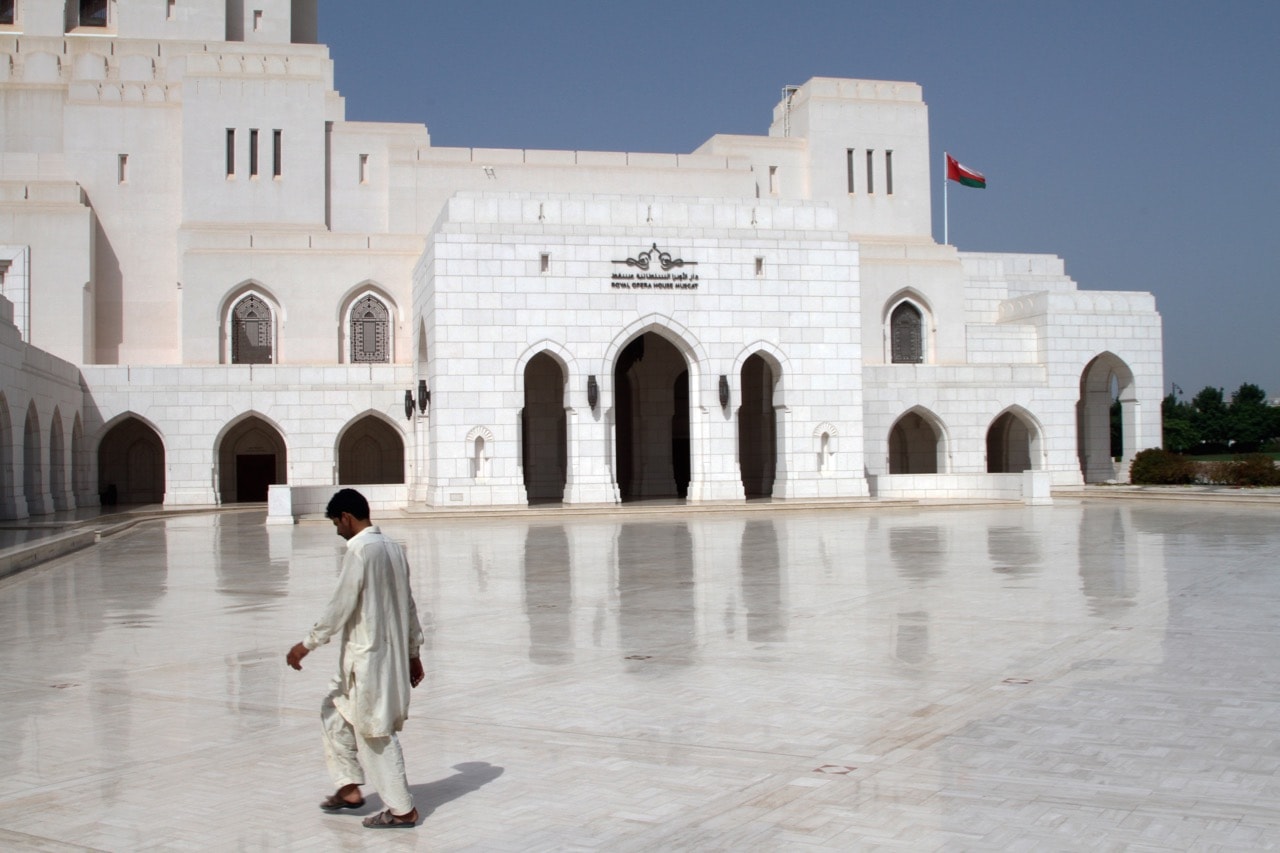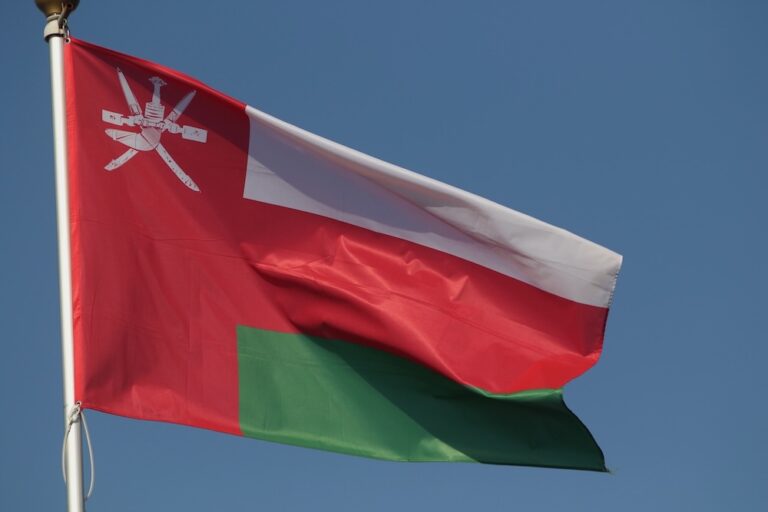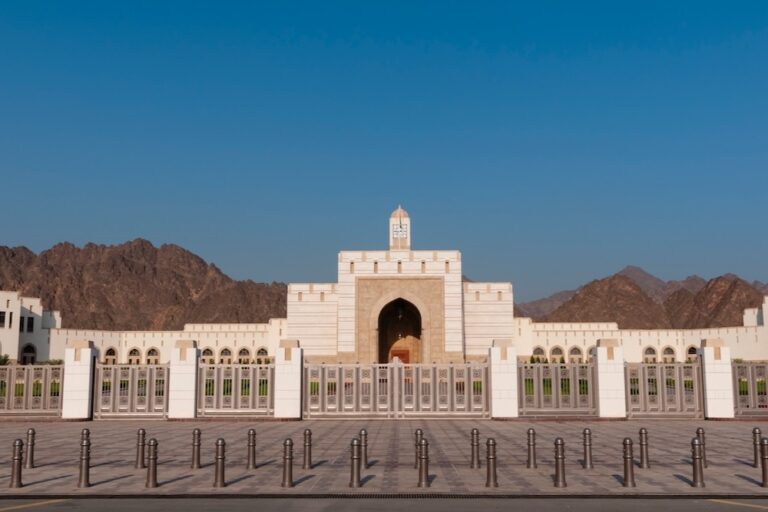The new law contains several vaguely-defined articles that could easily be used by the Internal Security Service (ISS), known for its history of human rights violations, to target human rights defenders and Internet activists, and to suffocate public freedoms.
This statement was originally published on gchr.org on 15 January 2018.
On 11 January 2018, Royal Decree No. 7/2018 signed by Sultan Qaboos bin Said, containing the provisions of the new Penal Code, was published in the Official Gazette on 14 January 2018 to come into effect on the next day.
The new law contains several vaguely-defined articles that could easily be used by the Internal Security Service (ISS), known for its history of human rights violations, to target human rights defenders and Internet activists, and to suffocate public freedoms.
Article 116 of the law restricts freedom of association by providing for the following:
Article 116
“Any person who establishes, organises, administers or finances an association, party, body, organisation, centre or the like, whatever its name or form, shall be liable to imprisonment for a term of not less than three (3) years and not more than ten (10) years. Or any branch thereof, aimed at combating the political, economic, social or security principles of the State, or the domination or elimination of one social class over another.
Any person who joins any of these associations, parties, bodies or organisations or one of its branches, participates in it in any form, promotes it or wishes to join it, even if it is located outside the country, shall be liable to imprisonment for a period not less than one year and not more than three years.
In all cases, it shall be dissolved, the place where it carries out its activities shall be closed, and the funds, papers, publications and other objects used or prepared for use in the crime shall be confiscated.”
Article 116 is sufficiently broad and could be used to target any group of citizens who seek to establish a civic society organisation, human rights association or a political party. Also, it can easily be used to label civil activities as being anti-state, which directly undermines public freedoms.
Furthermore, Article 118 complements the repressive nature of Article 116 and completes its task by restricting freedom of expression and freedom of opinion, stating:
Article 118
“Shall be punished by imprisonment for a term not less than six (6) months, and not more than three (3) years anyone who has obtained or edited editorials or publications containing a favor or promotion of anything provided for in Article 116 of this law if they are intended for distribution or for others to read, as well as those who have obtained or made any means of printing, registration or publicity – even if only temporarily – to print, record or broadcast appeals or propaganda to any of the entities provided for in Article 116 of this Law intended for any of the purposes mentioned in that article.”
Articles 121 and 123 explicitly aim to target freedom of assembly for citizens, as follows:
Article 121
“Shall be punished by imprisonment for a term of not less than three (3) months and not exceeding one year, and/or a fine of not less than one hundred (100) RO, and not more than five hundred (500) RO, whomever participates in a public gathering of ten (10) persons or more, which would have caused a breach of security or public order, or whomever remains in the vicinity after an order to disperse by the competent authorities.”
Article 123
“Shall be punished by imprisonment for a period of not less than three (3) months and not more than six (6) months for anyone who called for or instigated the gathering.”
The death penalty is mentioned several times in this law, including in Article 125, which states:
Article 125
“Any person who intentionally commits an act which prejudices the independence, unity or territorial integrity of the country shall be punished with death or life imprisonment.”
It is certainly a broad article that can be used by the authorities to punish opponents of the government and threaten them if they do not stop their opposition activities.
The Gulf Centre for Human Rights (GCHR) condemns the new law and calls on the Omani authorities to:
– Immediately repeal Article 116 of the Penal Code or revise it to clearly protect freedom of association for legitimate institutions including civil and human rights organisations, rather than banning outright all associations;
– Immediately repeal Article 118 which broadly restricts freedom of expression and freedom of opinion, or revise it by clearly defining the nature of the content which is punishable by the law, and ensuring that it adheres to international standards of freedom of expression;
– Immediately repeal Articles 121 and 123 and guarantee the right to peaceful assembly for all;
– Immediately repeal Article 125 of the law, and other articles which provide for the death penalty, and guarantee that it will not be used against peaceful opponents;
– Guarantee in all circumstances that all human rights defenders, including online activists, are able to carry out their legitimate human rights activities without fear of reprisals and free of restrictions including judicial harassment.



